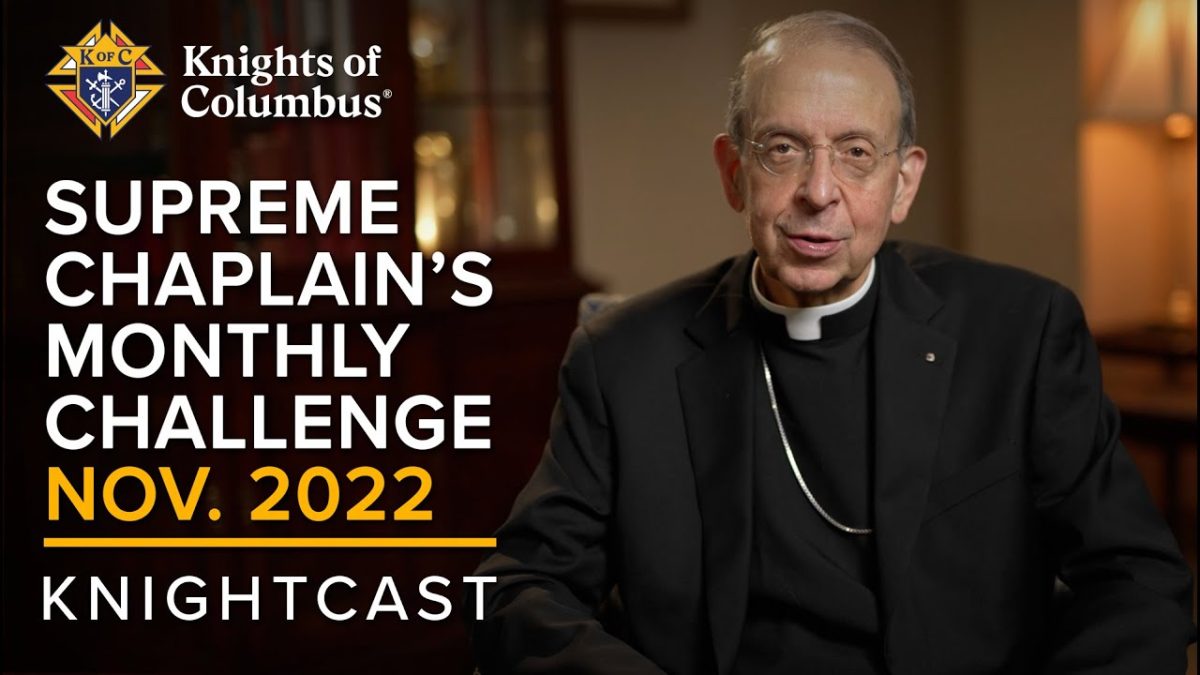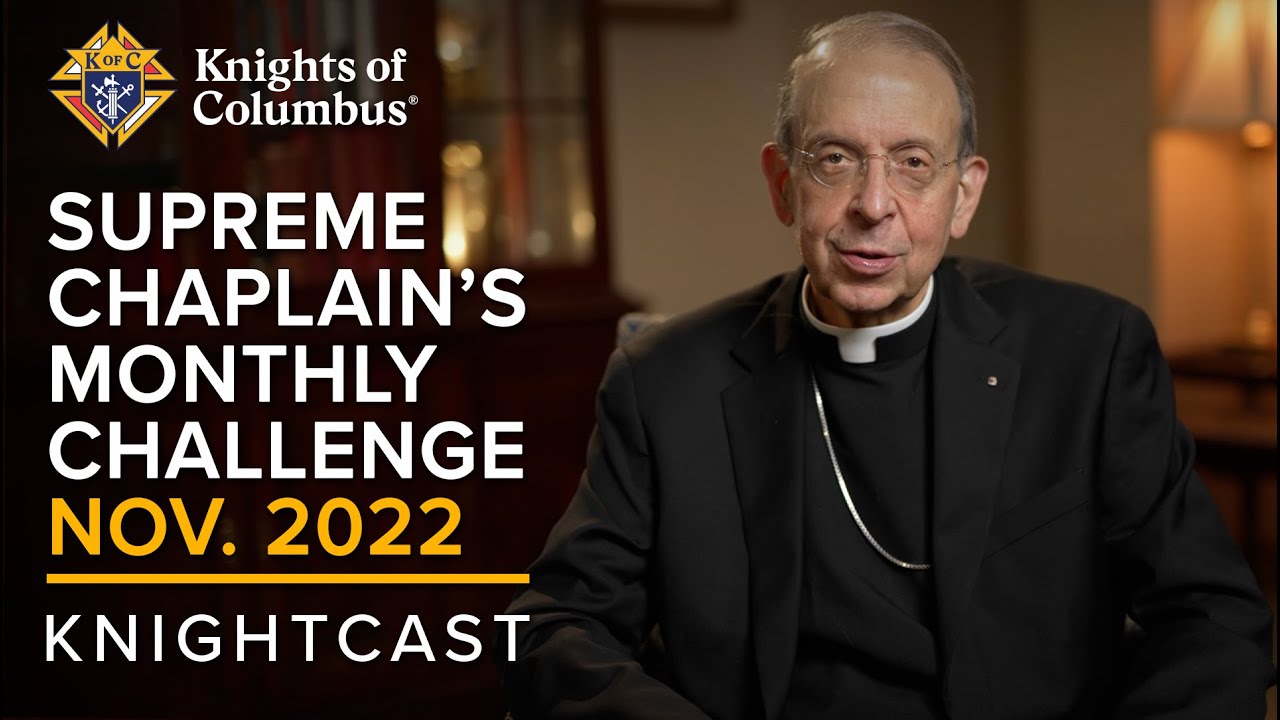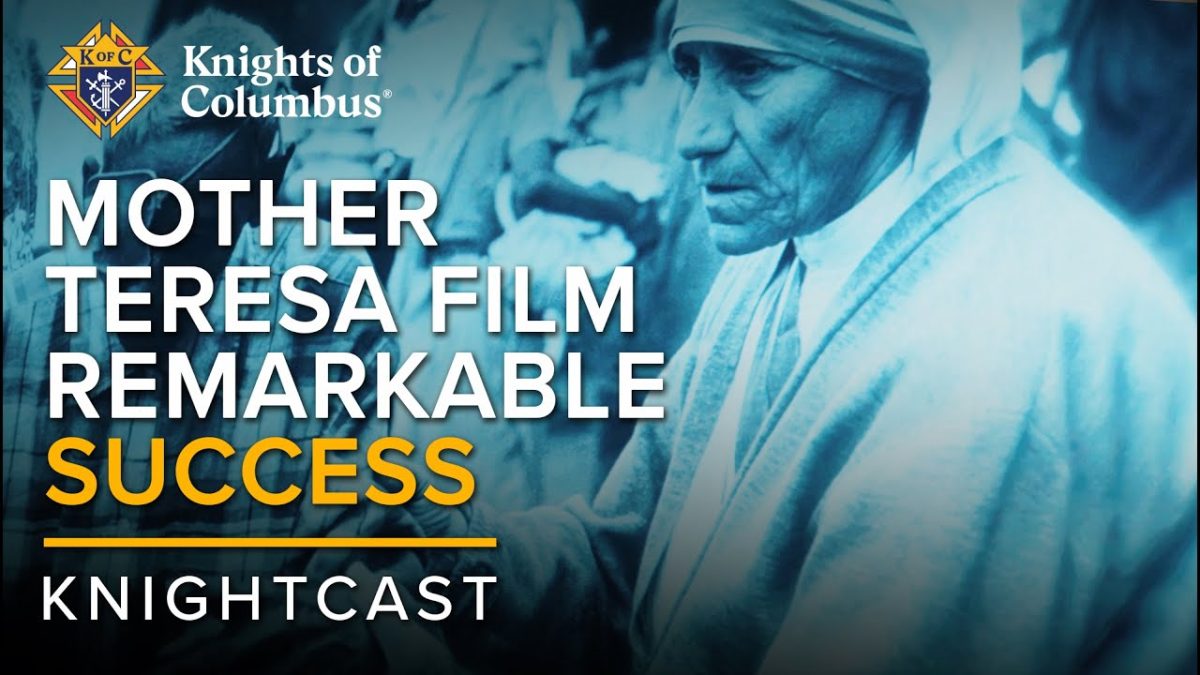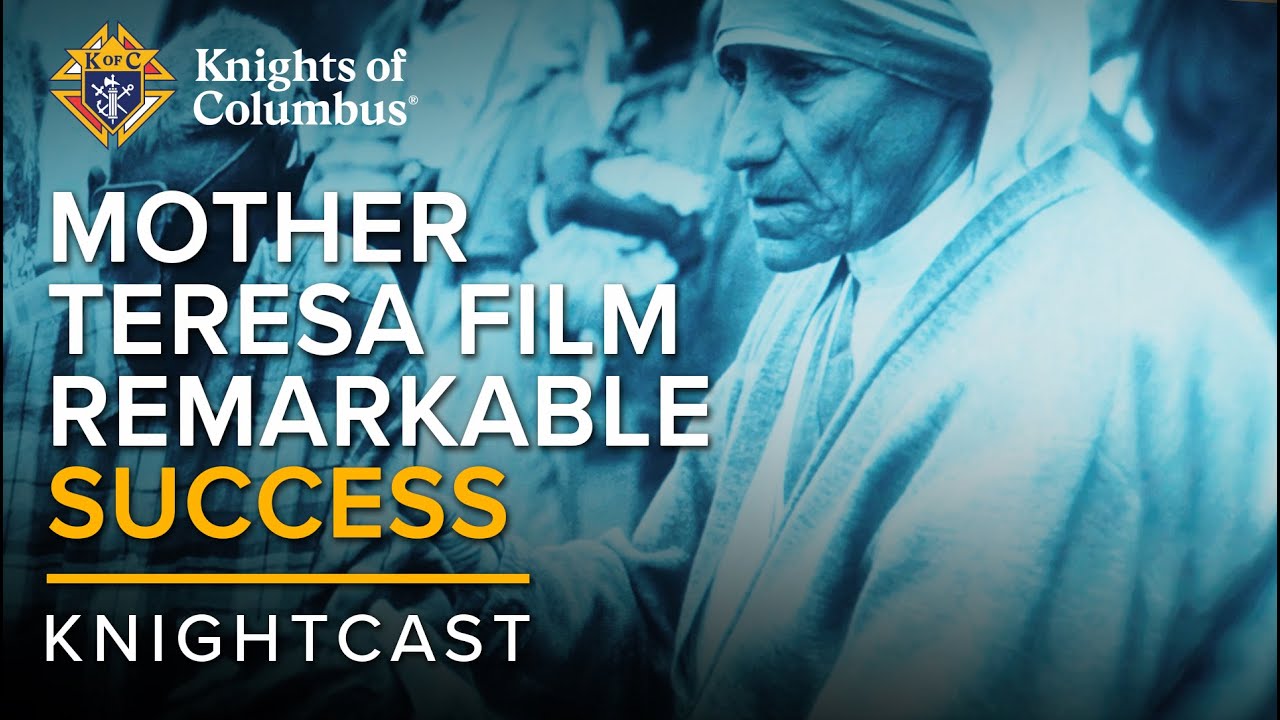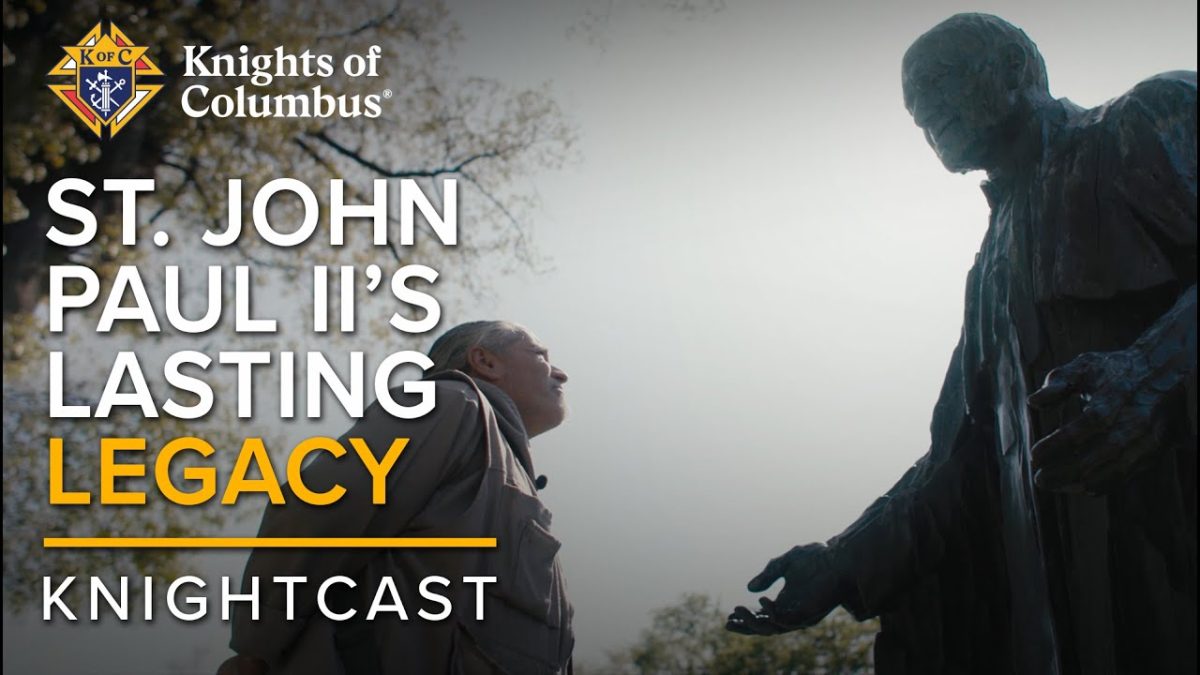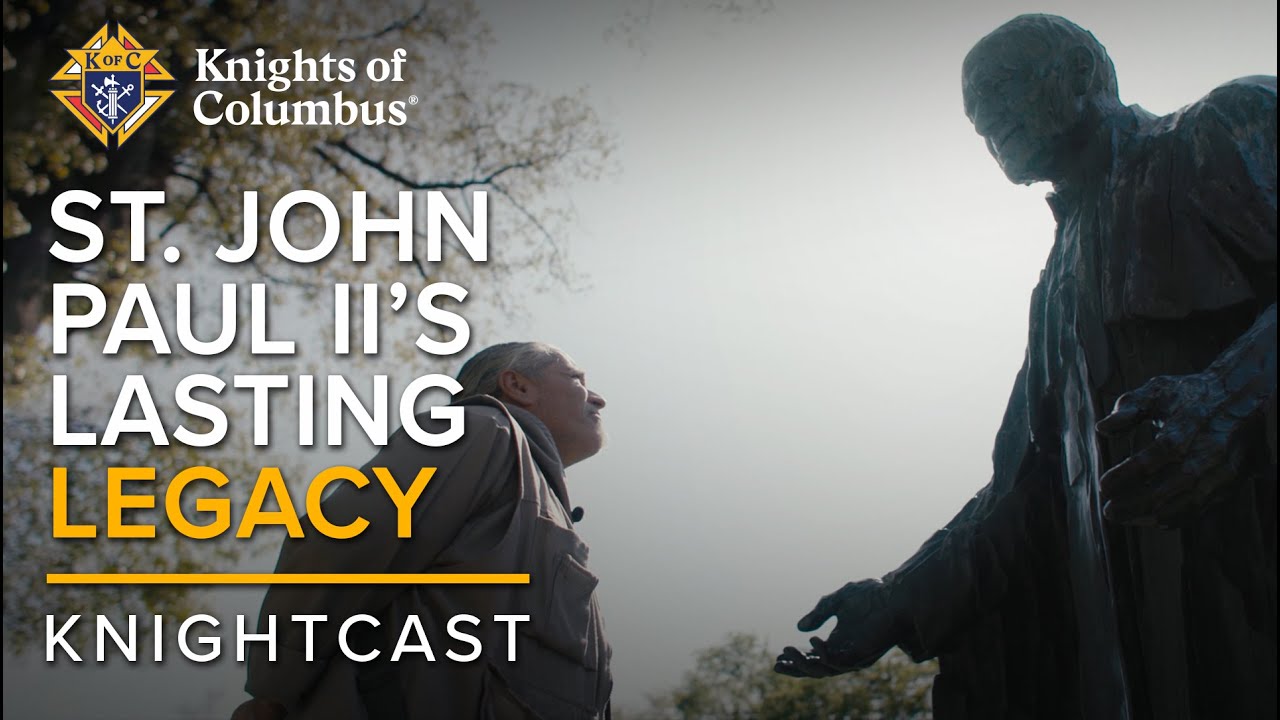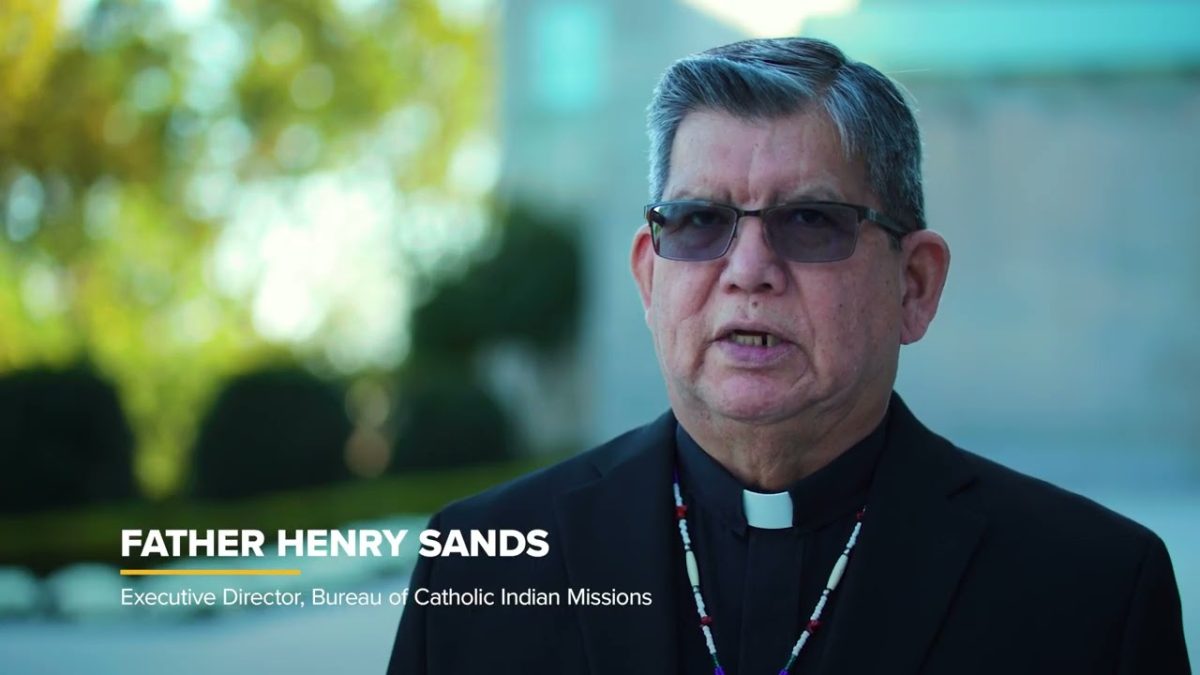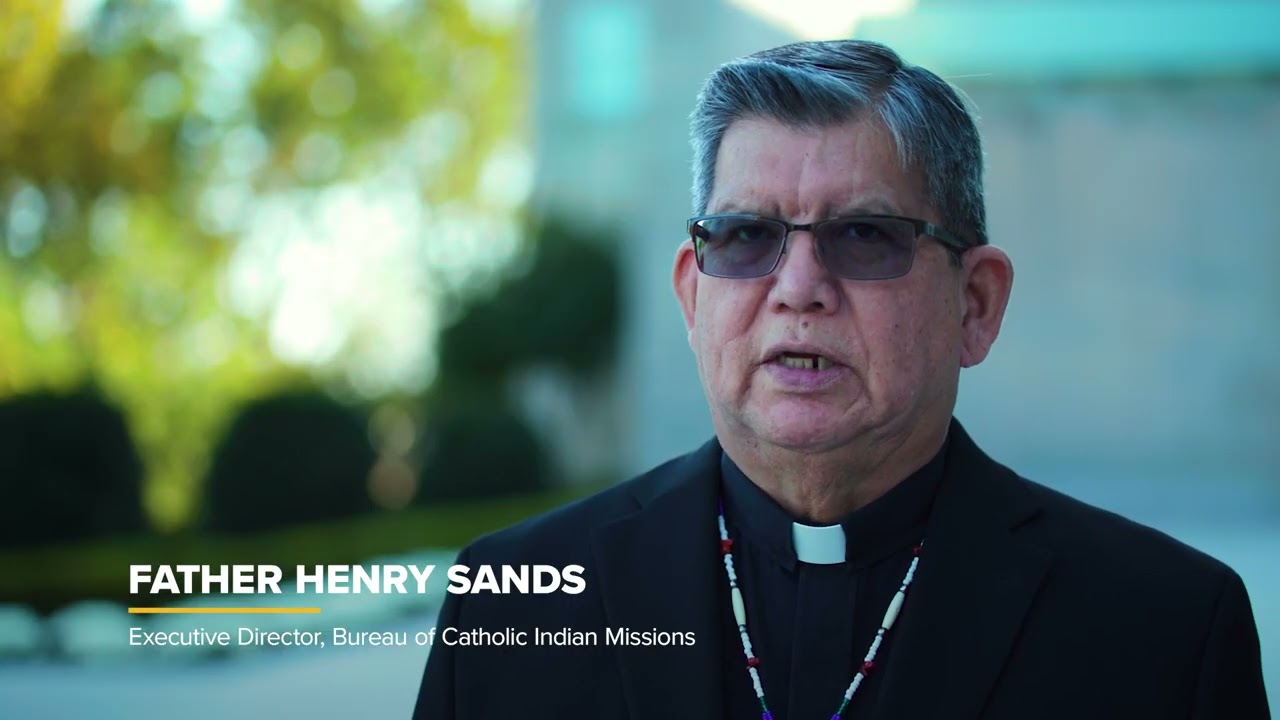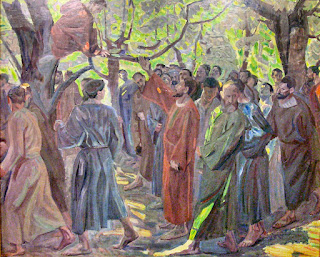When the bishops gather in Baltimore for their annual plenary, one of the outstanding pieces of business will be deciding how they want to proceed with guidance for Catholics regarding politics. Will our wonderful, roomy, rich tradition of Catholic social thought be brought to bear on the text? Or will it be another trainwreck?
The current document is titled « Forming Consciences for Faithful Citizenship, » and the underlying text was adopted in 2007. It is difficult to object to the text in any particular: The section on poverty is really well done, as is the section on abortion. At the level of policy analysis, it is excellent.
The problem is that by getting into the policy weeds, it became overly long and, despite its title, minimized the role of conscience formation, especially for young people. The detailed, exhaustive iteration of policy in « Faithful Citizenship, » precisely because of its detail, comes off as too paternalistic. It is like an adult at dinner cutting up the meat for their teenage child.
No particular paragraph is « wrong, » but the whole suffers from a core misunderstanding: This kind of document is a good vehicle for recalling Catholic social teaching, not for teaching it in the first place.
In 2011, the bishops reissued the text with a new introductory note that included this fine sentiment: « [‘Faithful Citizenship’] does not offer a voter’s guide, scorecard of issues, or direction on how to vote. It applies Catholic moral principles to a range of important issues and warns against misguided appeals to ‘conscience’ to ignore fundamental moral claims, to reduce Catholic moral concerns to one or two matters, or to justify choices simply to advance partisan, ideological, or personal interests. »
Well said, but the bishops frontloaded all the issues on which they disagreed with the incumbent President Barack Obama, and failed to seize the really exciting opportunity to critique American capitalism — which had imploded in 2008 — by incorporating the insights drawn from Pope Benedict XVI’s encyclical Caritas in Veritate.
In 2015, the bishops again punted and kept the same text, albeit with an introductory letter that was obsessed with fighting same-sex marriage. Pope Francis had come to the United States and addressed a joint session of Congress, and he had not felt the need to mention same-sex marriage, but the bishops were fixated on the issue.
In 2019, the bishops punted yet again, this time adding the adjective « preeminent » to describe their concern with the issue of abortion, thus minimizing the role of conscience formation even further. Prioritizing which issues in a particular election, for particular offices, are most important is precisely the kind of prudential judgment that should be left to voters.
Now, it is time for the bishops to start from scratch. Since the underlying text was written, the magisterium of Pope Benedict XVI and Pope Francis has given us three encyclicals that have enriched and developed Catholic social teaching: Caritas in Veritate, « Laudato Si’, on Care for Our Common Home » and Fratelli Tutti. Both popes articulate a profoundly Christocentric and biblical focus in their social teaching, with Benedict focusing on the necessity of a theology of grace and Francis retrieving the idea of integral human development.
Just as importantly, the growth of social media has changed the way the church must communicate its teaching, especially for young people. In 2007, Twitter was 1 year old. Four years ago, the bishops decided to produce some videos related to « Faithful Citizenship » but they were dull. I wonder how many people watched them.
The major problem, however, is different. The current document runs to 43 pages of text, with an additional 10 pages of notes. No one reads it. And its exhaustive character suggests the U.S. bishops have done the heavy lifting on conscience formation. The text may claim it « does not offer a voter’s guide … or direction on how to vote » but the specificity of the text, combined with the extensive media coverage of the most outspokenly partisan bishops, belied the claim.
The Catholic bishops of England and Wales issued a two-page statement in 2017 in advance of that country’s general election in 2019. The Canadian bishops kept their statement to one page. The U.S. bishops should insist on a similarly short statement for 2024.
The bishops should also craft a single, concise paragraph about the need to protect democracy. That was not on anyone’s radar screen in 2007, but it is now. Catholic social teaching, originally ambivalent about democracy, developed a coherent and compelling defense of democracy, starting with the pontificate of Pius XII, a defense that our country needs to hear.
The final document should self-consciously avoid partisanship as much as possible. In this era of acute societal polarization, the most important two things the bishops can and should do are, first, remind Catholics that our values and beliefs transcend partisan divisions and, second, model the unity among themselves that they wish for the Catholic laity and for the whole society.
I do not wish to minimize the difficulty of those two tasks. But they cannot be solved by adding a new introductory text to a document from 2007. It is time for a new document, one that puts a greater emphasis on forming consciences, incorporates the key teachings of Benedict and Francis, that defends democracy per se, and with a priority on binding the wounds that currently divide our church and our country.


